Courses

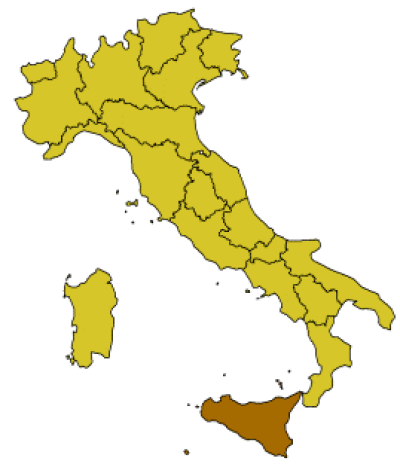
 Compare
Compare
In October 1347, a few merchant ships from the Far East arrived in the port of Messina on the island of Sicily, in the Mediterranean Sea just south of Italy. Four years later, up to 30 million people in Europe had died or about a tenth of the population of the entire world, a figure which would rise to 100 or even, some say, 200 million throughout the Middle Ages
0 Lessons
Hours
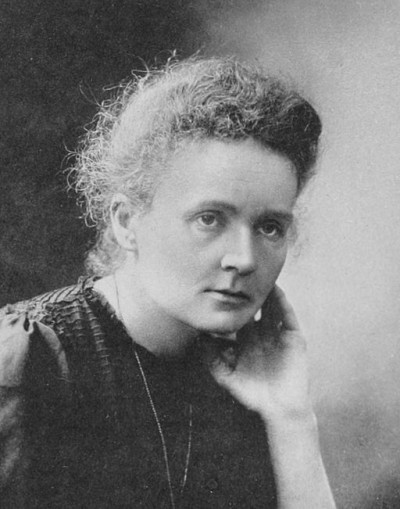
 Compare
Compare
Maria SkƗodowska was born in Warsaw, now capital of Poland, in 1867. Her family’s property and wealth had been seized by the Russian government as a punishment for their support of Polish independence and, so, Maria had to struggle to get an education. She made a deal with her elder sister, BronisƗawa, that she would work to help pay for her sister’s education in Paris, if BronisƗawa would later help pay for Maria’s.
0 Lessons
Hours

 Compare
Compare
Between 1899 and 1903, Henry Ford began three companies. The first, the Detroit Automobile Company, failed less than two years after it began business. He resigned from the second, Ford and Malcomson Limited, because of difficulties with his partner. But, in 1903, he opened the Ford Motor Company. Fifteen years later, half the cars in the USA came from his factories.
0 Lessons
Hours
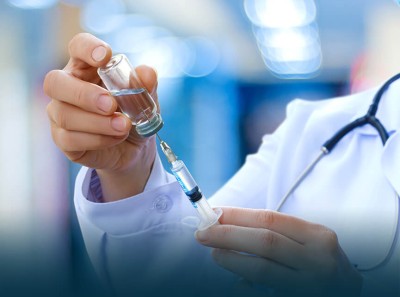
 Compare
Compare
We know that in the twelfth century in Europe and Asia, people used the Solanum plant species, mixed with other ingredients including alcohol, to make people fall asleep so that they could have operations without feeling any pain. In Italy in the thirteenth century, for instance, Theodoric Borgognoni used Solanum with opium in surgery. On the other side of the world, native Americans used coca leaves to cause unconsciousness and to clean cuts in operations on the head. They spat the mixture into the patients’ wounds to clean them.
0 Lessons
Hours
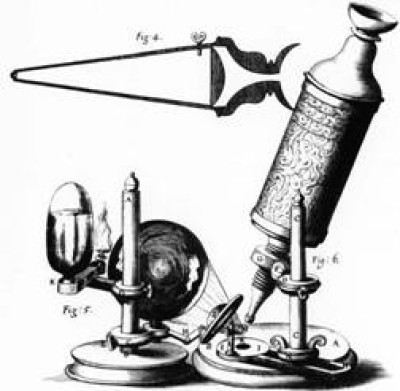
 Compare
Compare
The development of calculus – or the measurement of rates of change, if you’ve never really understood what calculus was but just nodded wisely when your teacher mentioned it – was not only one of the most significant advances ever in mathematics, but also led to one of the nastiest disputes in the history of science. It took place over nearly fifty years from the late 1660s to the first couple of decades of the eighteenth century and involved two of the greatest thinkers of all time: Gottfried Leibniz and Isaac Newton.
0 Lessons
Hours
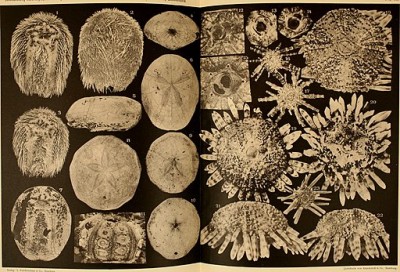
 Compare
Compare
Compared with astronomy, physics, chemistry and biology, palaeontology is a very new academic discipline. By the early nineteenth century, Herschel had discovered Uranus (1781) and two of Saturn’s moons (1789), Priestly and Scheele had identified oxygen (1773 – 4) and Black carbon dioxide (1754). Newton had published his laws of gravity and motion (1687). Lavoisier had announced his theory of the conservation of matter (1782); van Leeuwenhoek had observed bacteria through a microscope (1683) and Lamarck had proposed a theory of evolution (1809). Despite these and many more discoveries and the invention of the ingenious machines that made the Industrial Revolution, not a single fossil of an extinct animal had been recognized.
0 Lessons
Hours
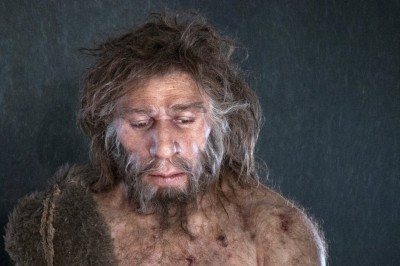
 Compare
Compare
Forty thousand years ago in Europe, homo sapiens (or ‘clever man’) was not the only human species alive – there were at least three others. Many of us are familiar with one of these, the Neanderthals, because we sometimes use the word to describe someone who is uncivilized, barbarous and uneducated. Although they had stocky bodies and large foreheads, they were also strikingly similar to us and lived in many parts of Europe for more than 300,000 years.
0 Lessons
Hours
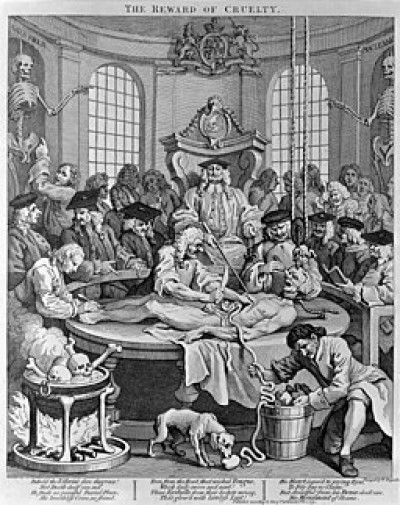
 Compare
Compare
In this lecture, we will look at three areas of science that forever changed the way we practice modern medicine. There is, sadly, no time to look at Hippocrates or Ibn Sina or a hundred other great contributors to our understanding of the ways our bodies work… but this may give you a taste of the history of medicine. The topics are: the history of anatomy; vaccination and immunization; and the discovery of penicillin.
0 Lessons
Hours

 Compare
Compare
Huge bits of half-frozen steam floating in the sky. That’s probably the best non-technical description of clouds. At a more minute level, they are made up of tiny particles of frozen water, called aerosols which, together in countless billions, make a cloud. The water gets in the sky through evaporation, the process in which liquid becomes gas, usually because of heat. This could be water rising from the seas and oceans or lakes; or it could be evaporation from places with a lot of plant life, typically a tropical forest. The source of heat is almost always the sun but some evaporation of water is from thermal and volcanic sources.
0 Lessons
Hours